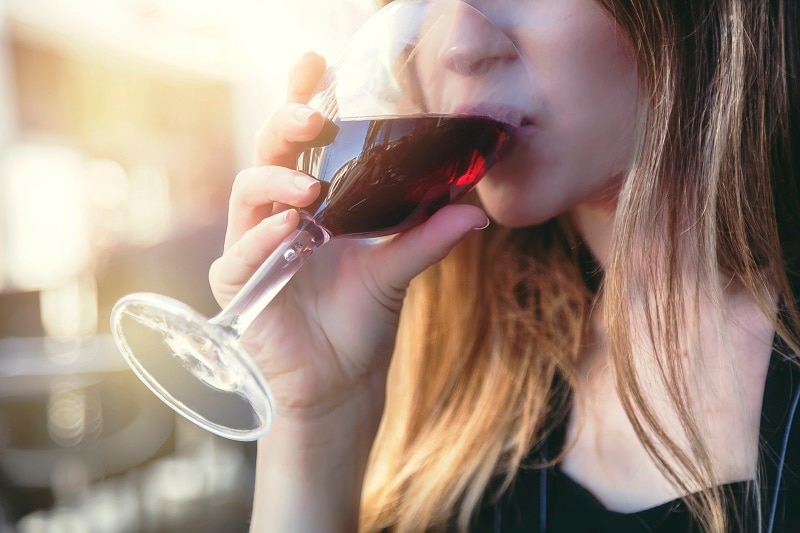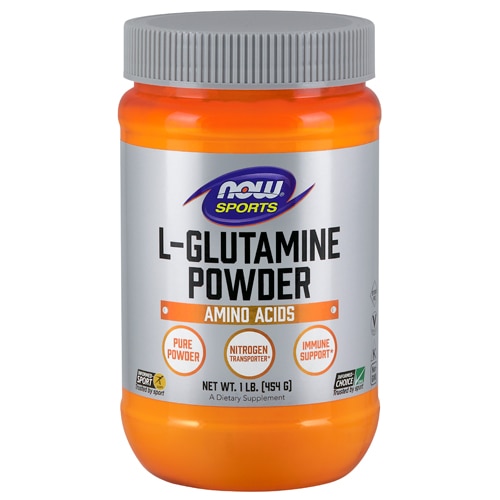[vc_row][vc_column][vc_column_text]You know that drinking too much is bad for your liver, but did you know it’s also bad for your gut? Alcohol’s effect on gut health can disrupt everything from digestion to mood. It might even be one of the reasons why drinking can cause liver damage.
Here’s what alcohol does to your gut—and what you can drink instead to give your body a break.

How alcohol affects gut health
Overindulging in alcohol can irritate your entire digestive system, starting with inflammation in the stomach known as gastritis. It can also damage the lining of your small intestine and may compromise the enzymes and fluids your body requires for digestion. Together, these effects make it difficult for your body to
break down and absorb nutrients from food.
Dysbiosis is another potential problem. Alcohol can kill off both bad and good bacteria throughout the intestinal tract. This throws off your microbial balance and creates conditions where
bad bacteria can thrive, leading to problems like small intestine bacterial overgrowth (
SIBO).
An unbalanced microbiome increases your risk of
leaky gut. Why? Good bacteria produce byproducts that keep your gut lining healthy, but the combination of inflammation and dysbiosis can cause the tight junctions between cells in the gut wall to open up. Microbial toxins and other harmful compounds can slip out through these openings and “leak” into your bloodstream.
One compound—lipopolysaccharide (LPS)—is of particular concern because research shows it may play a role in how alcoholic liver disease (ALD) develops. When LPS escapes the gut, it goes to the liver for detoxification. Once there, it sets off a
pro-inflammatory cascade, which can lead to damage and cirrhosis over time.
People with ALD often have
altered microbiomes with lower numbers of
SCFA-producing bacteria and higher levels of bacteria that produce inflammatory compounds
. These compounds may
promote additional inflammation in the liver or trigger systemic inflammation that can affect
mood and immune function.
Can quitting alcohol help your gut?
The good news is, going without alcohol for a period of a few weeks to a few months can promote healing and start to reset your gut. It takes about three weeks for gut damage to resolve; the microbiome needs a little longer to balance itself out. The more you tend to drink, the longer the process will take.
During this time, you can support healing by consuming high-fiber foods like fruits, vegetables, whole grains and beans. These foods contain natural prebiotics and probiotics that feed beneficial gut bacteria, which helps resolve dysbiosis and heal leaky gut. Taking prebiotic and probiotic supplements has also been shown to
improve liver function in heavy drinkers, but researchers have yet to determine which supplements are best for recovery.
Getting your gut back on track can also improve
immune function. As your gut heals, you’re better able to secrete immunoglobulin A (IgA), antimicrobial peptides and other compounds that act as a
barrier between the gut and the bloodstream. IgA in particular can prevent microbial toxins like LPS from
escaping the gut and causing inflammation throughout the body.
There is a caution in all of this: You
can’t go back to frequent drinking if you want your gut to stay healthy and balanced. Abstinence appears to promote microbial recovery, but resuming overindulgent drinking habits can restart the pro-inflammatory cycle and cause more damage. Even
occasional heavy drinking is associated with negative changes in the gut, so it’s best to avoid alcohol entirely if you’re unable to moderate your intake.
Gut-friendly alternatives to alcohol
Fortunately, you have a lot of options if you want to give your gut a break from alcohol without missing the experience of your favorite drinks. Try some of these innovative and delicious alternatives with zero alcohol content:
- Sparkling teas and waters brewed with hops from brands like Hoplark, HOP WTR and H2OPS
- Fruit and herb cocktails with adaptogens from Curious Elixirs
- Sparkling beverages with prebiotics and probiotics from Wildwonder and OLIPOP
- Sparkling adaptogenic teas and waters from Recess
- Alcohol-free spirits from Seedlip
Other options like
kombucha, water kefir and non-alcoholic beer and wine have very small amounts of alcohol that shouldn’t disrupt your microbiome. In fact, drinking non-alcoholic beer may have
a positive impact on gut bacteria diversity, although these effects need to be confirmed with further study.
This is just a small sample of the low- and no-alcohol options on the market. Non-alcoholic beverage sales grew
33% from later 2020 to late 2021, driven largely by millennials and Gen Z. These generations are focusing on improving their wellbeing, which includes drinking less (or not drinking at all).
Whether you join their quest for a few weeks in
Dry January or decide to abstain entirely, you’ll be doing your gut (and the rest of your body) a big favor.[/vc_column_text][/vc_column][/vc_row][vc_row][vc_column][vc_text_separator title="Featured Products" border_width="2"][vc_row_inner equal_height="yes" content_placement="middle" gap="35"][vc_column_inner width="1/3"][vc_single_image image="157332" img_size="full" alignment="center" onclick="custom_link" img_link_target="_blank" css=".vc_custom_1642111767350{padding-right: 7% !important;padding-left: 7% !important;}" link="https://www.vitacost.com/balanced-greens-total-health-superfood-blend-with-probiotics-unflavored"][/vc_column_inner][vc_column_inner width="1/3"][vc_single_image image="157334" img_size="full" alignment="center" onclick="custom_link" img_link_target="_blank" css=".vc_custom_1642111728199{padding-right: 7% !important;padding-left: 7% !important;}" link="https://www.vitacost.com/teeccino-herbal-coffee-macadamia-nut-prebiotic-superboost"][/vc_column_inner][vc_column_inner width="1/3"][vc_single_image image="157333" img_size="full" alignment="center" onclick="custom_link" img_link_target="_blank" css=".vc_custom_1642111749676{padding-right: 7% !important;padding-left: 7% !important;}" link="https://www.vitacost.com/cultures-for-health-water-kefir-starter-grains"][/vc_column_inner][/vc_row_inner][/vc_column][/vc_row]




